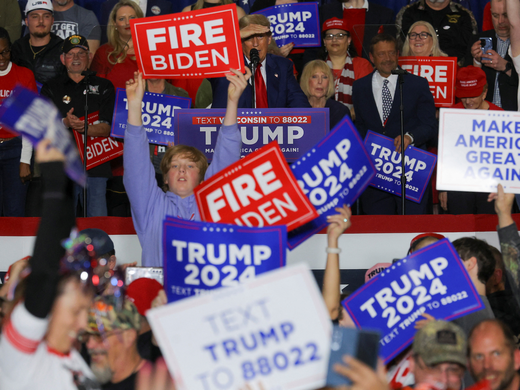Over the next few years, China faces the prospect of major regional and bilateral trade negotiations. A likely key element in such negotiations is trade arrangements involving state-owned enterprises (SOEs). China is viewed from outside as having a large SOE sector, and large SOEs are viewed as having a protected monopoly position in domestic Chinese markets. This paper discusses some of the key sub-issues potentially arising with SOEs in these negotiations. These include: arrangements for SOEs under China’s antitrust laws as well as the operation of these arrangements in practice via case law, and how trade is affected by them; the potentially large increase in Chinese coverage of the World Trade Organization (WTO) government procurement code if Chinese SOEs were to be included under it; the implications of the changing relative size of SOEs and private sectors in China for the “non-market” economy (NME) designation, which China consented to upon WTO accession; and claimed subsidization of SOEs through various devices. The aim is to lay out a potential negotiating issues list for SOEs to better focus debate and outline possible approaches to accommodation, rather than definitively resolve the issues.


